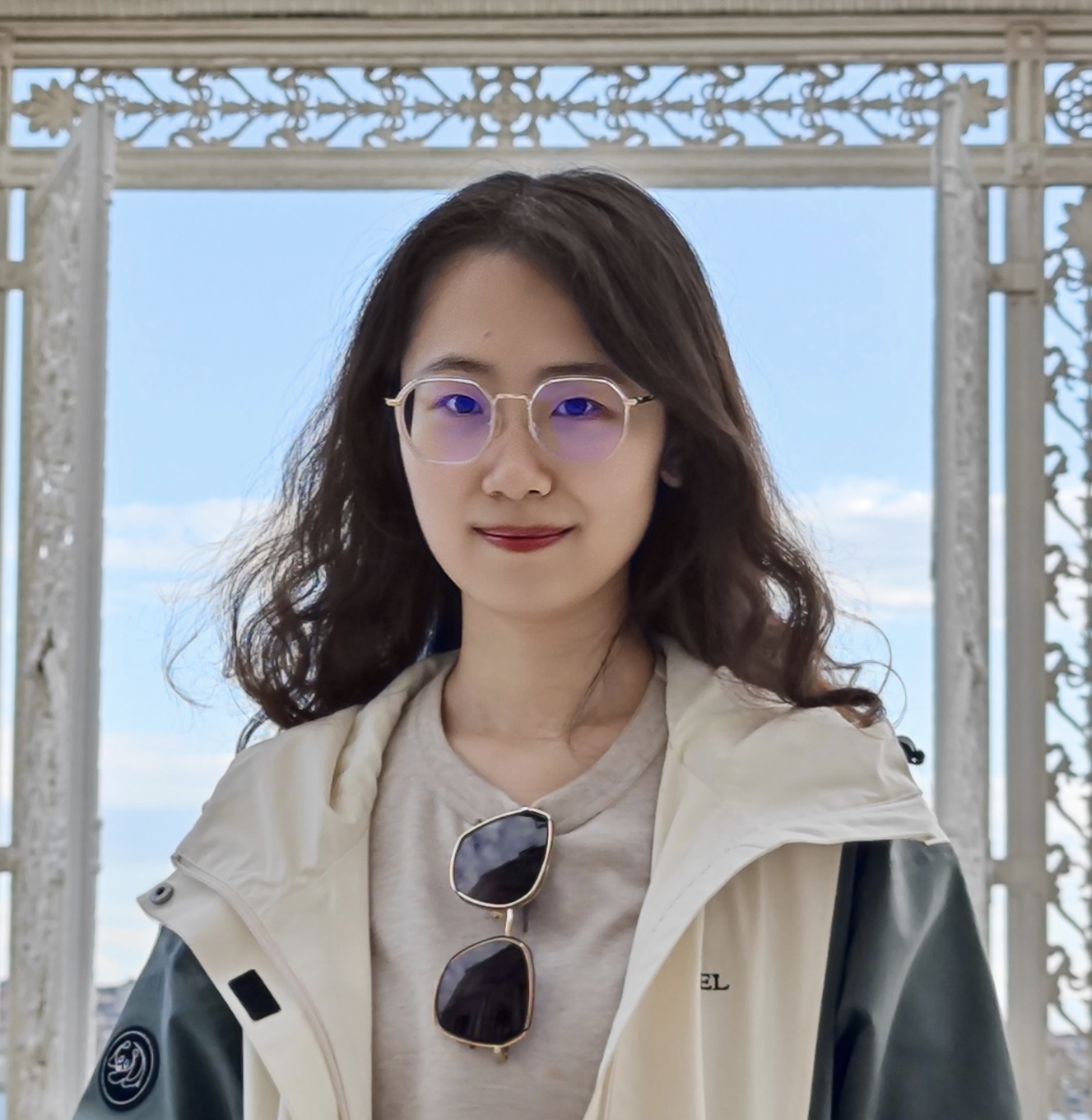Education
- Hong Kong University of Science and Technology (HKUST), Hong Kong, Sep. 2020 - Aug. 2024
Ph.D. in the Department of Electronic and Computer Engineering, supervised by Prof. Ling Shi (IEEE Fellow). - KTH Royal Institute of Technology, Stockholm, Sweden, Aug. 2023 - Dec. 2023
Visiting student in the School of Electrical Engineering and Computer Science, hosted by Prof. Karl Henrik Johansson (IEEE Fellow). - Huazhong University of Science and Technology (HUST), Wuhan, Hubei, China, Sep. 2016 - Jul. 2020
Bachelor in Electronic and Information Engineering.
Working Experience
- Huawei, Shanghai, China, Dec. 2024 - present
Engineer, Wireless Technology Lab, 2012. - Southern University of Science and Technology, Shenzhen, China, Nov. 2024
Visiting Scholar, School of System Design and Intelligent Manufacturing. - Hong Kong University of Science and Technology, Hong Kong, Sep. 2024 - Nov. 2024
Postdoctoral Researcher, Department of Electronic and Computer Engineering.
Research Interests
- Next-generation Core Newtorks for Agentic AI
- LLM Agent
- Distributed Optimization
- Communication Efficiency
- Privacy Protection
I keep open-minded to new problem domains and look forward to academic collaboration. Email me if you’d like to discuss. Email: huowei7@huawei.com
